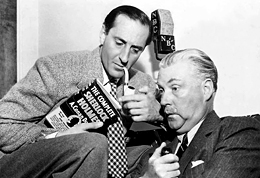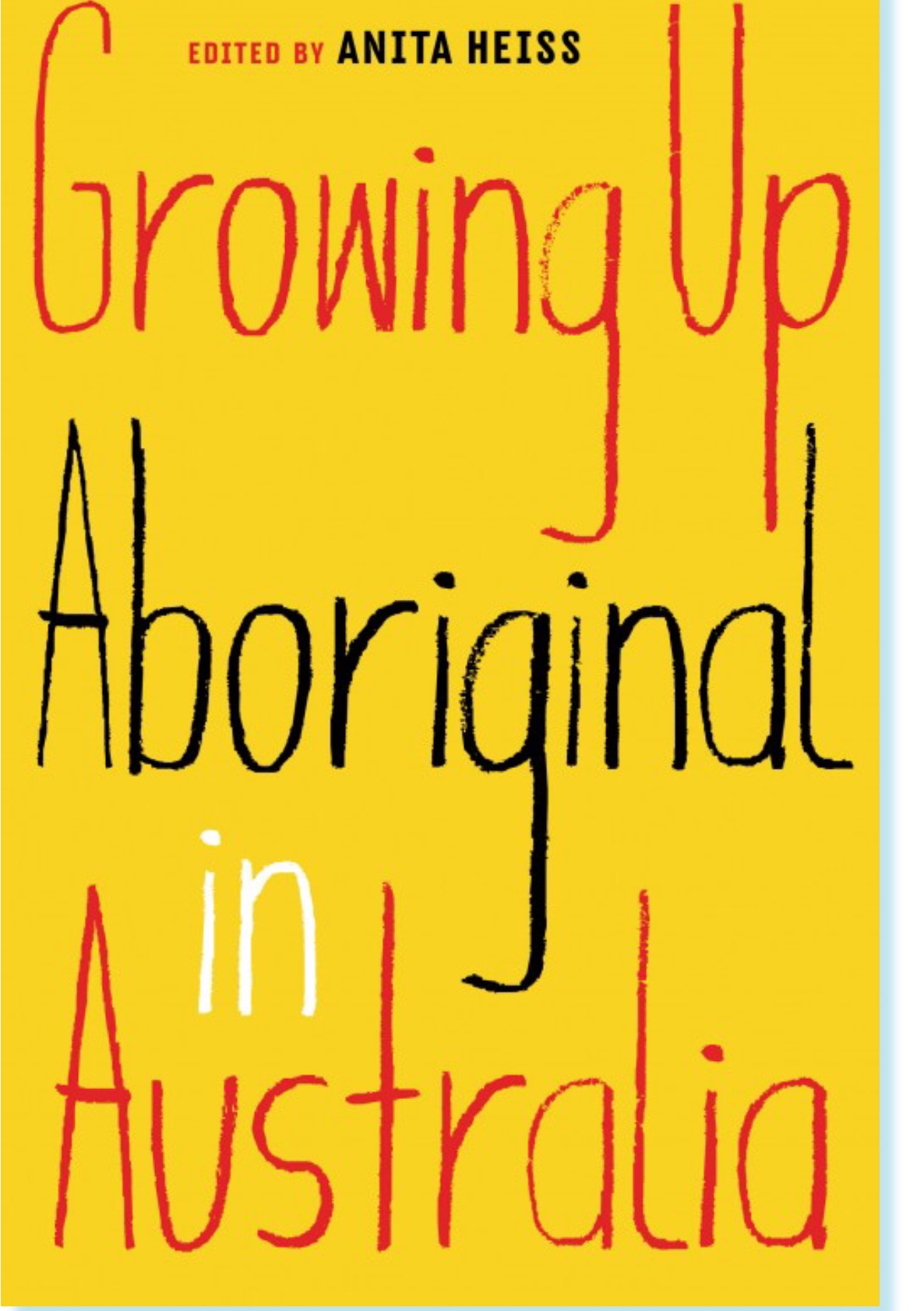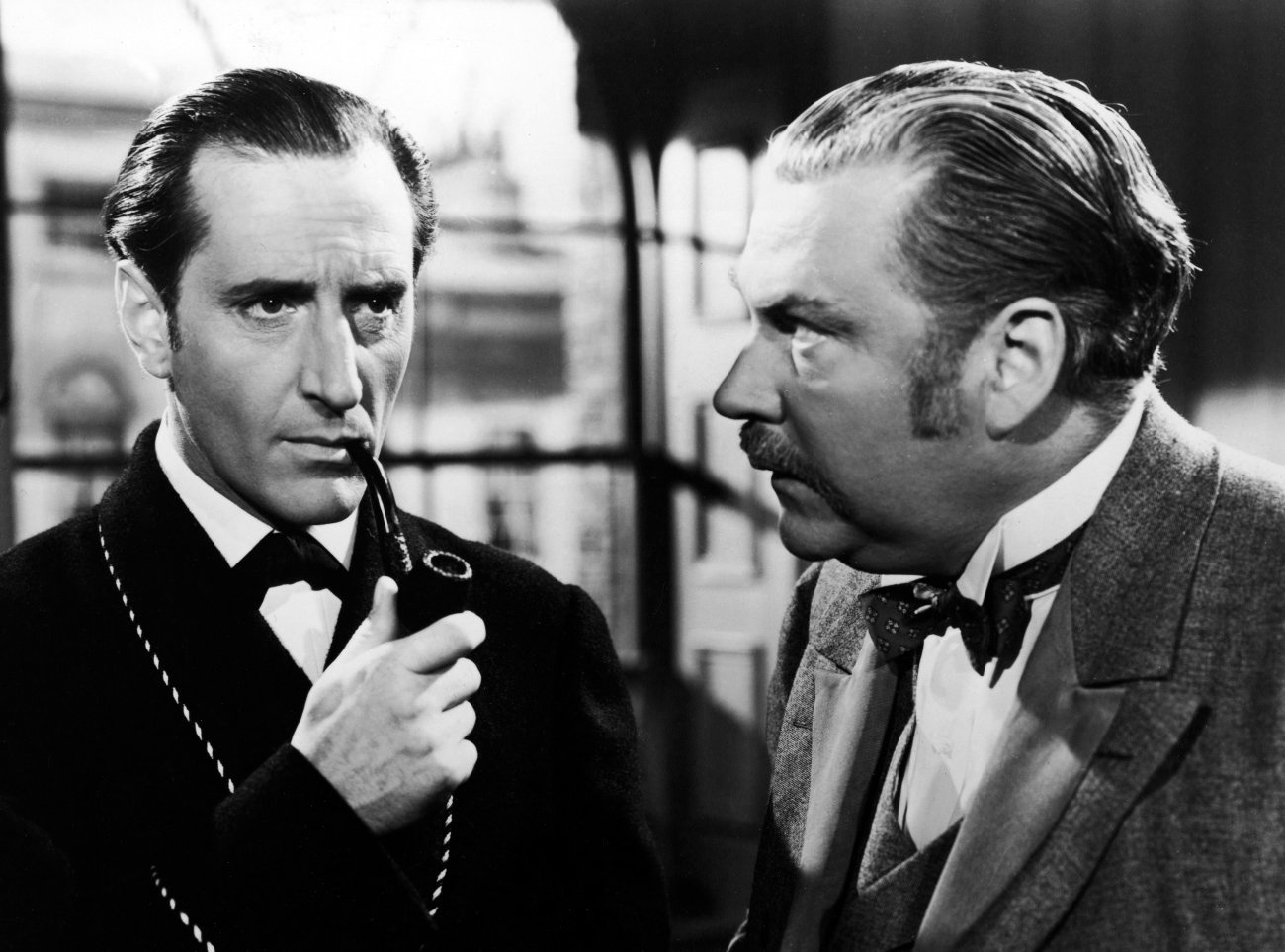
Studio Photograph of Professor Blake, (LHS), working on the case of the Autralian Universities “visas for degrees” scandal prior to his sacking from Melbourne University.
For all you bibliophiles, at last some new meat on the Bone. This is the inaugural installment from our book reviewer Professor Joe ‘Sexton’ Blake. In this installment he gives us an insight into the other side of everything. Or if you’re the latest P.M, an affirmation as to why he was “Chosen buy God” to lead us. (That is not a typo). And you can read his review, ‘God Given’, for the special price of $27.99, (Hillsong publications.)
Sadly we were going to throw in the knife set, but they’ve all been used on despatching the last current. PM.
Professor Blake is a genial fellow who though not ordained by God, seeks truth and integrity. This led to his sacking from our esteemed universities, and delivered him unto us. “We shall be grateful”, (Mathew, V111. Ch V) ( Hillsong Press)
Joe writes….
Growing up Aboriginal in Australia, Edited by Anita Heiss, Black Inc Books, $29.99
Reviewed by Professor Joe Blake
To their great misfortune, most Australian residents have never met an Aboriginal person. That means they’re missing out on the wittiness, humour and resilience of a remarkable group of people, almost every one of whom suffers racism every day of their lives.
If you don’t know any indigenous people, you can gain an insight into their world by reading this marvellous book. It’s got short articles by about 50 Aborigines from all walks of life; many of the stories are confronting. When I read part of the book on a bus trip, tears were streaming down my cheeks in response to the trauma imposed by the mainstream. Some of this is unconscious, such as “Would all Aboriginal students please report to the quadrangle” over the school loudspeaker system. (Imagine the average sensitive teenager’s response to being singled out like this.) In other cases, it’s malicious, like that big city journalist who loves making the underdog squirm just so he can take home a fat pay cheque.
Some of the contributors to this book are from the Stolen Generation, and took many years to finally catch up with family and country. Others grew up not even suspecting their heritage, with one black parent always desperately trying to cover up their true identity; sometimes a lucky coincidence led them to a miraculous discovery. The majority always knew who they were, loving the times they spent with extended family, learning about the ways of the old people. It’s not all positive, however; there are stories of the extreme unhappiness in some families, unhappiness caused by the horrible indignities this group has been subjected to ever since Captain Cook made his first landfall.
A very strong theme in this wonderful book is depth of skin colour. Some siblings are whiter than others; they’re more acceptable to the white world, but can sometimes feel guilty that they’re not properly black. The bitter truth is this: no matter how white you are there’s always someone who can find out that you’ve got a “touch of the tar brush”, as one contributor puts it, and totally destroy your day, week, or even your whole life.

Professor Blake suggests there could be a link to Adam Goodes villification and an undercurrent of deep-seated Australian Racism.
One of the many impressive things about this book is the uniformly high quality of the writing. You might expect it to be uneven, but all of these people are brilliant communicators. Perhaps it’s a survival skill they’ve learnt from their tormentors.
Some of the contributors are well-known. Footballer Adam Goodes, one of the best AFL players ever, ended his stellar career in dismay after being continually booed by opposition crowds, with the approval of officials. Opera singer Deborah Cheetham tried to sing a slightly more meaningful Australian Anthem at the AFL grand-final but was knocked back because she wanted to substitute “peace and harmony” for “young and free.” Others are prominent in their chosen fields, while many are just ordinary people, living ordinary lives; it’s just that they’ve got an extraordinary shared background.
Make sure you read this book. It won’t give you the lived experience of its authors, but at least you’ll have a slight inkling of what they’ve been through.
